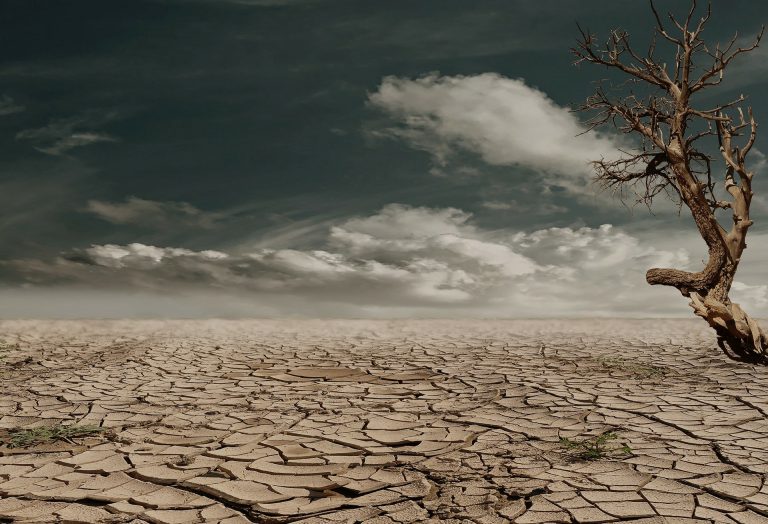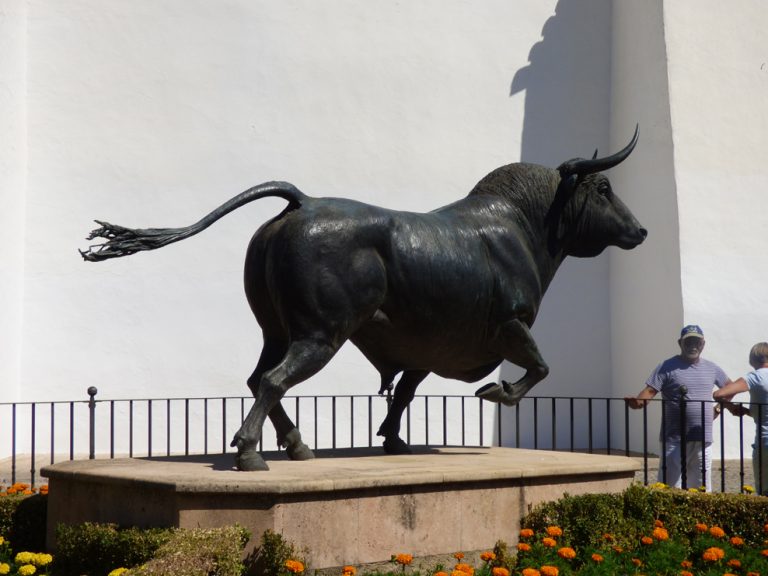Ayatollah Ali Khamenei, Supreme Leader of Iran, has lashed out at the United States and its policies in the Middle East. Iran is facing one of its most relentless heatwaves in the past fifty years, and multiple protests are occurring in southern areas, criticizing the government for failing to deal with the severe drought and power outages.
On July 19, Khamenei’s Twitter account was abuzz with tweets against the United States. He called the U.S. aggressive and arrogant and reached out to other Muslim nations to oppose Washington and its allies in Israel. He also mocked America’s military involvement in Afghanistan.
“US’s ignorance caused its humiliation in #Afghanistan. After that raucous invasion 20 years ago, it became stuck in a quagmire & had to withdraw its forces. Of course, the vigilant Afghan nation should remain watchful & stand against US intelligence tools & soft war,” Khamenei said in a tweet.
Playing the religion card, the Ayatollah said that Muslim nations “haven’t had a role in self-determination” in the past 150 years and that they have been subjected to the “greed, interference, and vice” of western nations. He insisted that “we, the followers of Islam” must build their own future and resist the “evil of Western powers.”
According to a July 6 BBC report, protests have erupted in several Iranian cities as a result of public anger against extensive power outages. The protestors can be heard chanting slogans like “Death to the dictator” and “Death to Khamenei” in a video circulating on social media.
Success
You are now signed up for our newsletter
Success
Check your email to complete sign up
President Hassan Rouhani apologized to the public for the crippling power crisis. The drought, the worst in 50 years, has resulted in the incapacitation of most of Iran’s hydroelectric power plants. Electricity consumption has spiked due to increased utilization of air conditioning to combat the intense heatwave that hit the country this summer.
Although the president provided reassurance that the problems caused by outages would be resolved within two to three weeks, a spokesman from the power sector revealed that consumption was exceeding the production capacity by 11 gigawatts (GW) and that the heatwave would only make the situation worse.
Meanwhile, protests about water shortages have also appeared in Iran. A July 21 report by Al Jazeera states that three civilians and one police officer were killed during six days of protests in the Khuzestan region.
Nuclear deal
Back in March this year, Khamenei stressed that his country would not cave under U.S. pressure in order to gain relief from imposed sanctions.
In his address to the nation at the beginning of the Persian New Year, the Iranian leader stated that former president Donald Trump’s “maximum pressure” economic sanctions had failed. He called Trump “that previous fool,” and said that the sanctions were a “major crime.” He warned that the Biden administration would also fail if it continued the embargo.
“He [Trump] went away in that infamous way, bringing disgrace to his country,” Khamenei stated. In 2018, Trump pulled the U.S. out from the 2015 nuclear deal with Iran, which he felt opposed America’s interests. The Trump administration placed economic sanctions on Iran due to its continued terror activities contributing to Middle Eastern instability, belligerence against democratic forces in the region, and noncommittal approach to halting uranium production used to make nuclear weapons.
The Iranian regime, prior to the sanctions, had financed the Hezbollah, an Islamist political and militant faction, with nearly 700 million dollars annually. The regime also backed Hamas, the terrorist organization based in Palestine, and is currently creating and supporting militias that engage in armed conflicts against U.S. and allied forces within Iraq.
The current Biden administration has expressed willingness to restore Iran’s nuclear deal, formally known as the Joint Comprehensive Plan of Action (JCPOA), on the condition that Iran fully complied with the accord prior to the sanctions being lifted.
During his address, Khamenei reiterated that Iran had a definitive policy with regard to the JCPOA. He demanded that the U.S. lift all sanctions, at which point Iran would halt steps to boost uranium enrichment and install cascades of new centrifuges.
On July 15, Reuters reported that Iran was unwilling to engage in nuclear talks with Washington until August, when the new president, Ebrahim Raisi, is expected to assume power.















